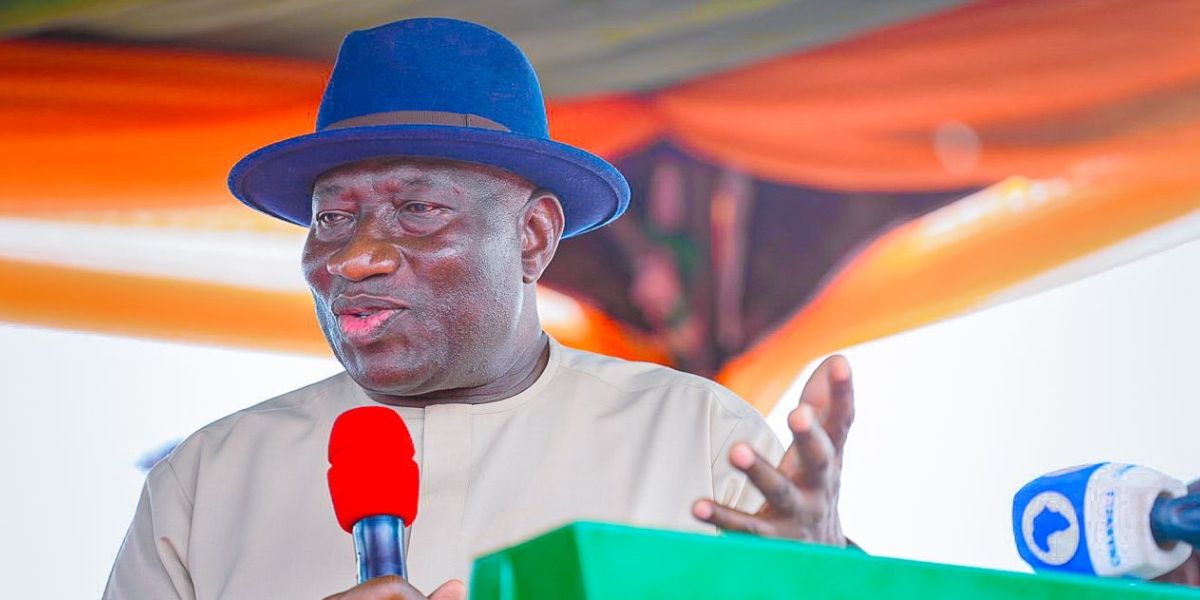Physical Address
304 North Cardinal St.
Dorchester Center, MA 02124
Physical Address
304 North Cardinal St.
Dorchester Center, MA 02124


At a recent awards event in Bayelsa State, former President Goodluck Jonathan made remarks that have sparked heated political debate.
While receiving the Nigerian Content Lifetime Achievement Award, Jonathan praised past National Assembly members for being bold and independent, subtly contrasting them with today’s lawmakers, who have been criticized as too passive.
“That was a period when the National Assembly truly lived up to its name,” he said, recalling how the legislature once stood firm, even overriding presidential vetoes.
Many saw this as a thinly veiled jab at the current leadership, including Senate President Godswill Akpabio and Speaker Tajudeen Abass, who have been accused of rubber-stamping executive decisions instead of challenging authority when necessary.
Jonathan highlighted past instances where lawmakers stood their ground, such as the passage of the Niger Delta Development Commission (NDDC) bill, which was initially vetoed by President Olusegun Obasanjo but later forced into law by a determined legislature.
Fast forward to today, and many critics argue that the 10th Assembly lacks that same fire.
Akpabio himself has defended the current approach, saying: “Your constituents will not give you boxing gloves. It’s not a boxing tournament. You are there to work in a bipartisan manner for the interest of Nigeria.”
Jonathan’s remarks have fueled discussions about whether Nigeria’s National Assembly is truly independent or merely an extension of the presidency.
Some analysts believe that the current lawmakers have surrendered their authority, prioritizing cooperation over necessary confrontation. Others argue that collaboration, rather than conflict, is what Nigeria needs to move forward.
Jonathan’s comments may inspire lawmakers to reassess their role, but will it change anything?
Will we see stronger opposition in the legislative process, or will lawmakers continue to align themselves with the executive for the sake of stability?
For now, the debate continues—and Nigerians are watching.
Would you like more insights into how this impacts governance? 🚀